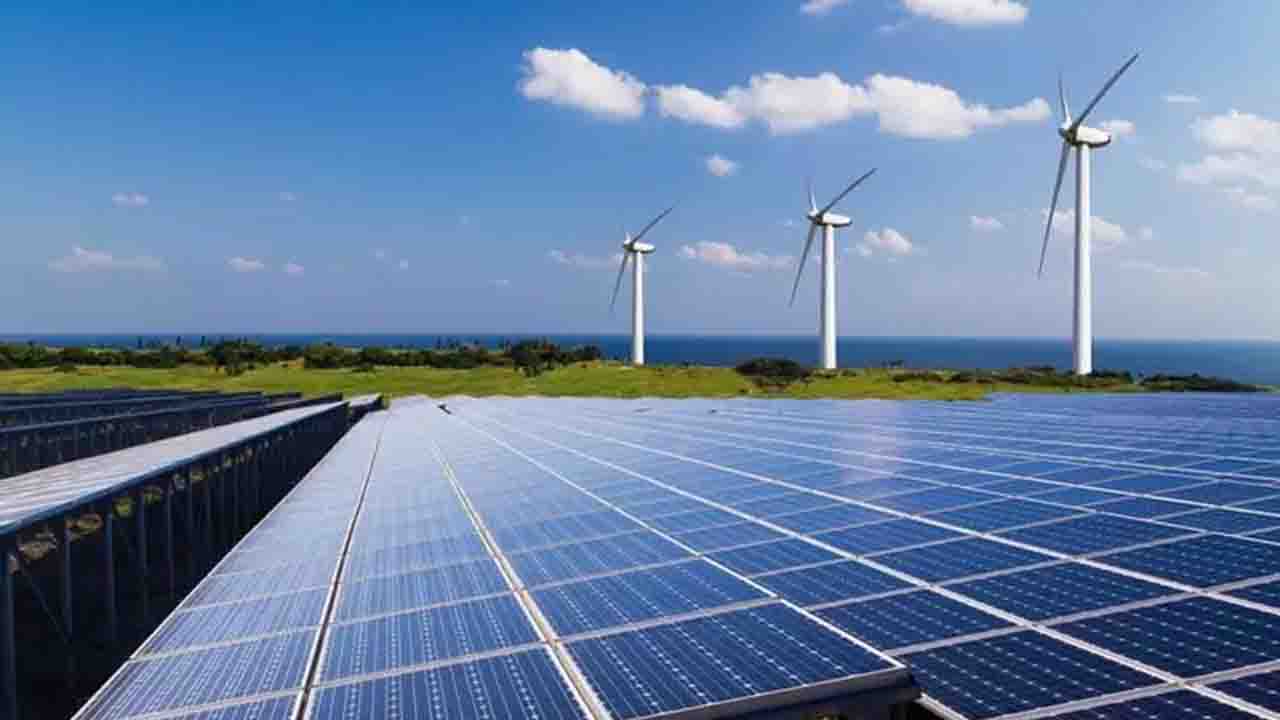AFRICA ( Commonwealth Union) _ Few areas of international development research have undergone as much change in the last few years as those that deal with energy availability and low carbon transitions. In the past ten years, energy demand has increased faster than energy supply in Ghana and other African economies. Therefore, it is believed that incorporating renewable energy into the mix will play a vital part in addressing the country’s energy needs by substituting dirty, unreliable home electricity for conventional fuels while also generating local economic opportunities. The nation has ratified the Sustainable Development Goals (SDG) of the UN, namely goal 7, which calls for ensuring that everyone has access to affordable, dependable, and modern energy services.
Ghana faces a significant hurdle in achieving this goal because the nation still mostly uses non-renewable energy sources. The nation’s vast untapped potential for renewable energy is still unrealized. As a result, this study aims to assess the state of renewable energy resources, look at Ghana’s energy consumption trends, and conduct a thorough analysis and critical evaluation of Ghana’s renewable energy initiatives and policies.
Ghana’s energy mix is quite straightforward, although there are still some difficulties. The nation relies on biomass/charcoal, gas and crude oil (including petroleum products), and electricity to supply all of its citizens’ and industries’ energy requirements.8 Oil made up 44.48 percent of the primary energy supply in 2015, followed by biomass (37.87 percent), hydroelectricity (5.2 percent), and natural gas (12.38 percent).9 Ghanaians have historically relied on trash and biomass, especially firewood and charcoal, but the proportion of biomass in the country’s energy mix has been continuously dropping as a result of rising fossil fuel consumption. Ghana’s national energy data show a fall in the percentage of biomass consumption from 52% of the total primary energy supply in 2009 to 37% in 2016.
However, the current imbalance between supply and demand for electricity results in unstable electrical distribution. As a result, electricity is restricted (load shedding), which creates a supply vacuum that renewable energy sources can fill.
Theoretically, Ghana has the ability to greatly increase domestic energy production and raise the effectiveness of energy distribution networks to meet SDG 7. Ghana will need to put in place practical steps in the near future to make this potential a reality. With continual advancements for the many forms of renewable energy, the nation will need to pursue the objective of providing sustainable energy for everyone. Since the development of renewable energy sources may be fraught with difficulties, it is crucial to pursue it carefully in order to minimize any potential negative effects.
It is crucial that the Ghanaian government reevaluates its overall energy policy to increase subsidies to cover the development of renewable energy sources in order to demonstrate its commitment to providing sustainable energy for all. The government’s only choice is to expand subsidies in the renewable energy sector to ensure fair competition because Ghanaian consumers need government subsidies.








